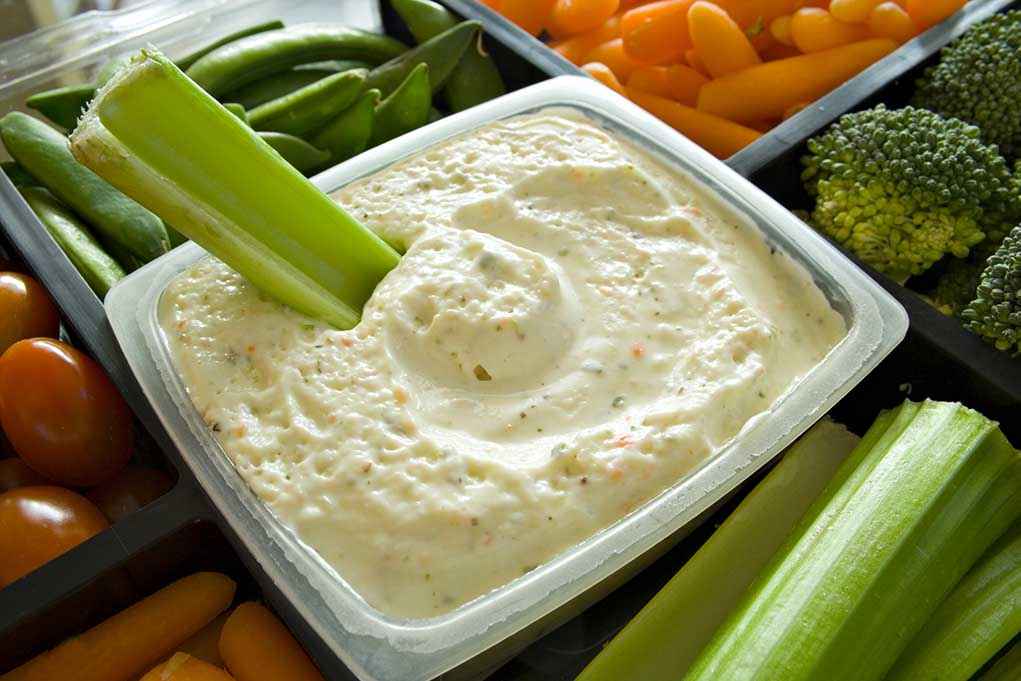The New York Times faces backlash after a botched fact-check on Robert F. Kennedy Jr.’s food chemical claims inadvertently supports his arguments.
At a Glance
- New York Times’ fact-check of RFK Jr.’s food chemical claims backfires
- Fact-check confirms differences in Froot Loops ingredients between US and Canada
- Critics accuse NYT of biased reporting and undermining its own credibility
- Trump nominated Kennedy to lead Department of Health and Human Services
- Kennedy aims to address chronic health issues and tackle FDA corruption
New York Times’ Fact-Check Backfires
The New York Times recently attempted to fact-check Robert F. Kennedy Jr.’s stance on artificial ingredients in food, but the effort backfired spectacularly. Kennedy, nominated to lead the Department of Health and Human Services, has been vocal about his desire to remove these substances from the American diet, terming them as harmful. However, the Times’ article, instead of dismantling his claims, underscored the disparities in food dye regulations between the U.S. and other nations.
Kennedy’s assertion that U.S. versions of products like Froot Loops have more artificial ingredients than Canadian versions was supposed to be questioned by the Times. However, in trying to criticize Kennedy’s claims about Froot Loops having more artificial ingredients in the U.S. compared to Canada, the paper inadvertently confirmed his point.
Froot Loops Controversy
The crux of the controversy lies in the differences between U.S. and Canadian versions of Froot Loops. The U.S. version contains artificial dyes and chemicals like Red 40, Yellow 5, Blue 1, and BHT, while the Canadian version uses natural colorings. This discrepancy aligns with Kennedy’s argument about the prevalence of artificial ingredients in American food products.
The Times’ attempt to disprove Kennedy’s claims was met with widespread ridicule on social media. Users pointed out the contradiction in the paper’s argument, with one incredulous X user asking, “Wait, so RFK Jr. was completely accurate, but they didn’t like how he said it?”
Kennedy’s Nomination and Health Initiatives
Donald Trump’s nomination of Robert F. Kennedy Jr. to lead the Department of Health and Human Services has sparked both support and concern. Kennedy, known for his advocacy against artificial additives in food, aims to address chronic health issues and tackle what he perceives as FDA corruption.
“For too long, Americans have been crushed by the industrial food complex and drug companies who have engaged in deception, misinformation, and disinformation when it comes to Public Health. The Safety and Health of all Americans is the most important role of any Administration, and HHS will play a big role in helping ensure that everybody will be protected from harmful chemicals, pollutants, pesticides, pharmaceutical products, and food additives that have contributed to the overwhelming Health Crisis in this Country,” said President Trump in support of Kennedy.
Kennedy’s nomination has raised concerns among some media outlets, particularly regarding his vaccine skepticism and potential impact on public health. However, Trump is standing by Kennedy’s appointment, emphasizing the need to protect Americans from harmful chemicals and additives.
Implications for Food Safety and Regulation
The controversy surrounding the New York Times’ fact-check has brought much needed attention to broader issues of food safety and regulation in the United States. California’s plan to ban artificial dyes like Red 40, Yellow 5, and Blue 1 in school food by 2027, citing links to developmental and behavioral issues in children, aligns with Kennedy’s concerns about food additives.
“Mr. Kennedy will restore these Agencies to the traditions of Gold Standard Scientific Research, and beacons of Transparency, to end the Chronic Disease epidemic, and to Make America Great and Healthy Again,” Trump said regarding his nomination of Kennedy.
As the debate over food additives and their potential health impacts continues, the New York Times’ misstep has inadvertently amplified Kennedy’s message. Instead of providing their readers with compelling arguments that counter Kennedy’s position, the New York Times provided yet another example of the press undermining their own credibility through biased reporting. The New York Times has since issued a correction to the original story.



